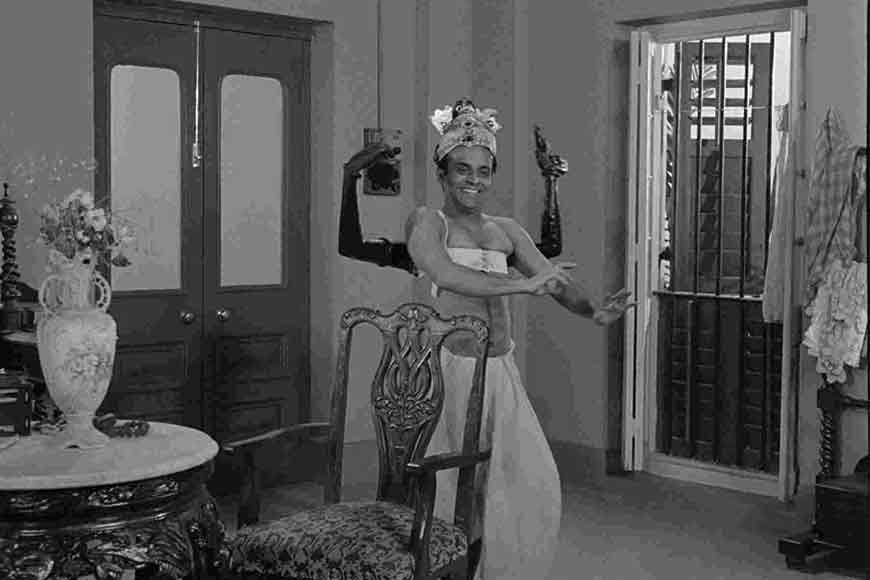Remembering Rabi Ghosh on his birth anniversary
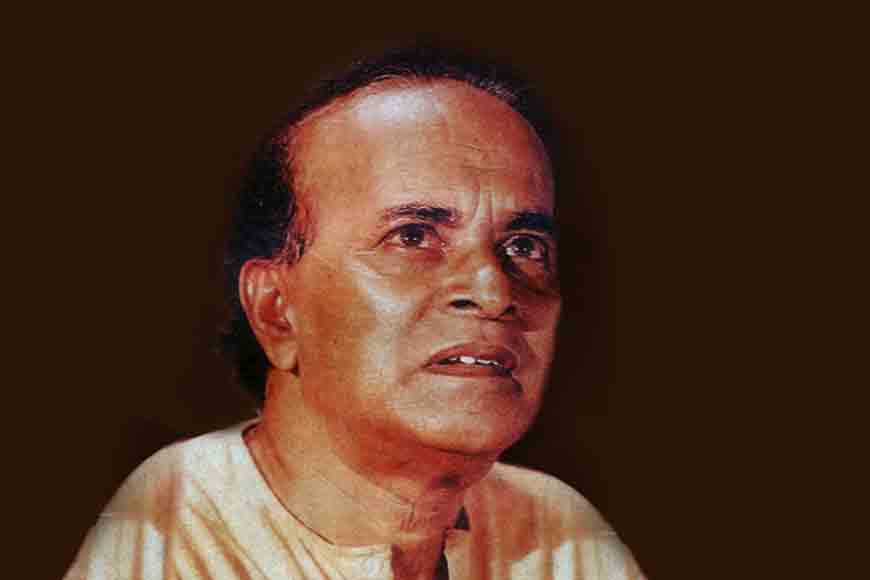
When I first read the autobiography of Charlie Chaplin, I was a student of class VIII, yet his life had impacted me so much that when a personal tragedy struck me a few years later, I knew the truth behind the words he spoke --- ‘Life is a tragedy when seen in close-up, but a comedy in the long shot.’ Comedy is not easy to portray on screen as is usually thought. Rather comic roles are the most difficult ones to portray as they bring a relief to the audience through its subtle play. Any exaggeration ruins the moments.
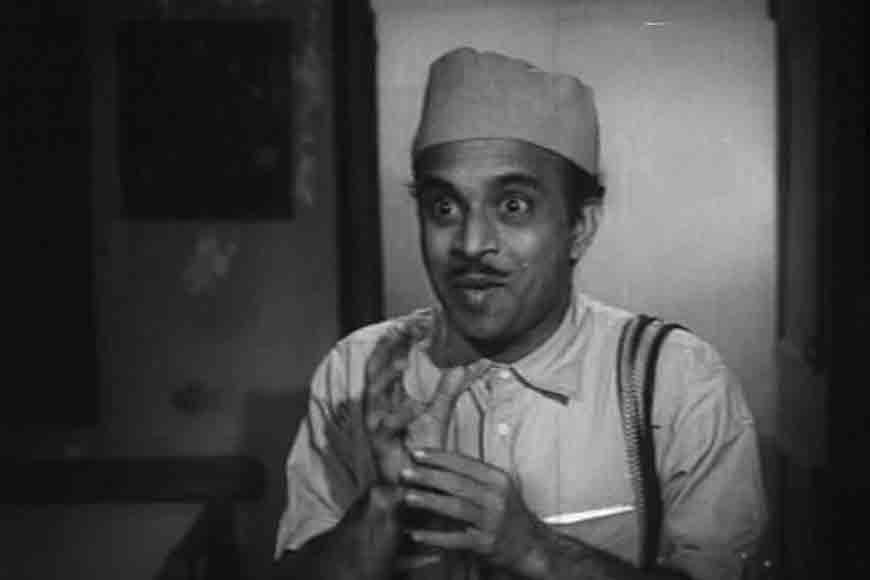
What many of us are not aware of is that he worked in Bankshal Court between 1953-1959 and got involved in theatre seriously under Utpal Dutta during this time. Director Aurobindo Mukherjee, noted for some of the most successful mainstream movies noticed his performance in the play Angar and picked him for his under-production film, Ahoban (1959).
The world of Bengali cinema fortunately produced quite a number of well-known comedians, who just didn’t make people laugh, but also taught us how to play with pain and convert it into a smile. And undoubtedly, Rabi Ghosh was one such comedian and a great actor too, a man who played with his eyes and his expressions --- muted, yet so convincing. I came across him first in Golpo Holeo Satti, which somehow was a bit of a difficult movie to fathom when I first saw it, but his bathing scene in Aranyer Din Ratri with his comrades Soumitro Chatterjee and Subhendhu actually made me realise what a great actor he was! And needless to say, the Gupi Gayen Bagha Bayen series including Hirak Rajar Deshe, showed Rabi Ghosh in a completely new light behind Satyajit Ray’s lens. He played with perfect timing and took a fantasy tale to the heights of a world-class satire. He once again proved he was not just a comedian, but an actor par excellence.
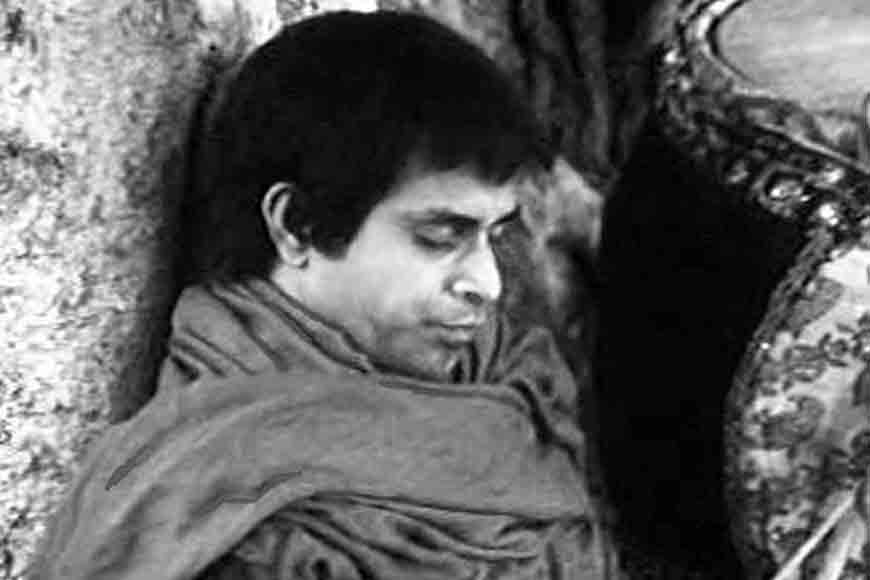
We get the best of Rabi Ghosh perhaps in the role of a real-life comedian in Satyajit Ray’s last film ‘Agantuk,’ where he tries to convince his real-life mentor Utpal Dutta that he had come just for a conversation and not out of curiosity.
Born in 1931 as Rabindranath Ghosh Dastidar, Rabi Ghosh as he was later called, never wished to become an actor. Rather this Ashutosh College student constantly exercised to build a muscular frame and become a bodybuilder. However, he landed up acting in one of the best productions of two stalwart directors Tapan Sinha and Satyajit Ray. In an age when actors like Uttam Kumar and Soumitro Chatterjee ruled the silver screen, Rabi Ghosh came as a versatile talent who could draw the audience as both hero, anti-hero and comedian combined.
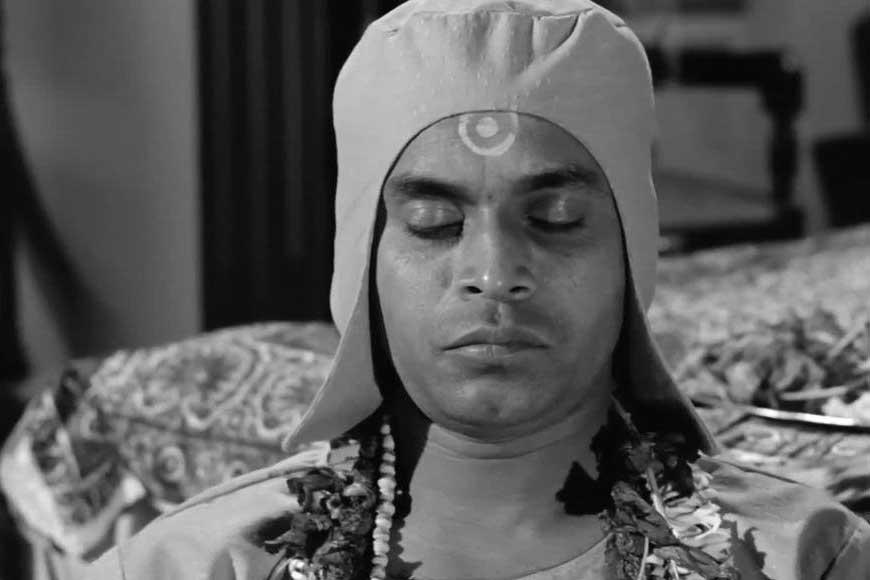
What many of us are not aware of is that he worked in Bankshal Court between 1953-1959 and got involved in theatre seriously under Utpal Dutta during this time. Director Aurobindo Mukherjee, noted for some of the most successful mainstream movies noticed his performance in the play Angar and picked him for his under-production film, Ahoban (1959). In 1960, Ghosh was bestowed the Ultorath Award for his outstanding performance in Angar. Utpal Dutta’s classic play ran for almost 300 nights! The same year, Aurobindo Mukherjee produced Kichhukkhan, a though-provoking movie about a train getting stalled midway on a journey and how the passengers cope with the changed situation for a few hours. Ghosh did a cameo in the film and essayed it in his original and distinctive style. He later formed his own theatre group under the banner Chalachal. It was photographer Nemai Ghosh who introduced him to Satyajit Ray. He got married to actress Anubha Gupta. After her demise, he married Baishakhi Devi in 1982.
Also read : Remembering Bhombal da of Dadar Kirti
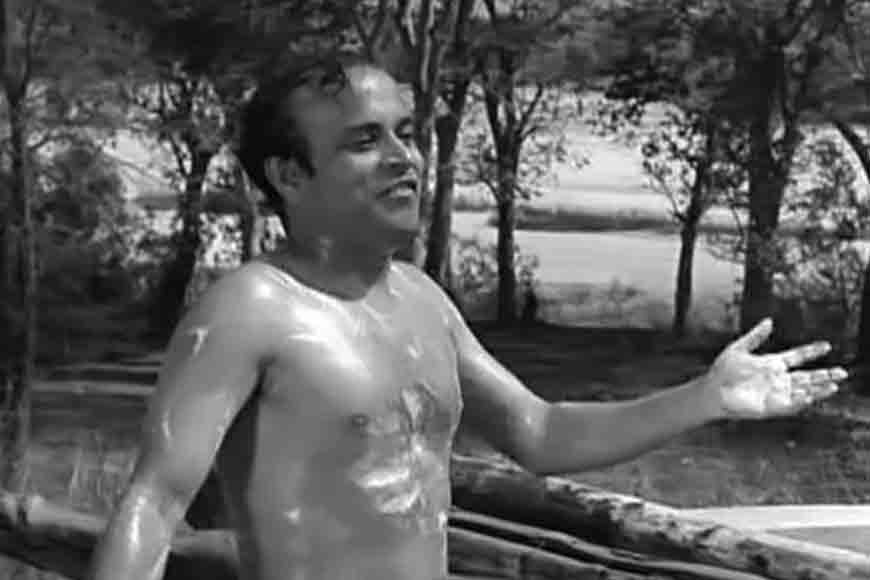
We get the best of Rabi Ghosh perhaps in the role of a real-life comedian in Satyajit Ray’s last film ‘Agantuk,’ where he tries to convince his real-life mentor Utpal Dutta that he had come just for a conversation and not out of curiosity. The interplay of dialogues between the two had indeed lifted the scene to a different height bringing out the strength of two great actors -- Rabi Ghosh and the man who gave him the first break in theatre --- Utpal Dutta.
